Journalist Mikael Krogerus and communications expert Roman Tschäppeler summarize 50 of the most popular decision-making models that individuals and businesses around the world adopt and use to make significant choices and to think in a strategic way. The authors’ thoughtful little book shows readers how to develop a strategy, how to choose among alternatives and how to make intelligent decisions. Accompanying graphics illustrate each of the models. While a book that summarizes 50 strategies does not cover any one of them in depth, and much of the content is simple synopses of other people’s models, getAbstract endorses this fun, informative little book about conceptualizing and decision making.
Improve the Way You Decide
Decision-making models simplify tough choices. They draw important information in a practical way. They “reduce complexity” into decipherable graphical matrices and can help you organize your thoughts. While decision-making models do not provide strict solutions and may not accurately “reflect reality,” their purpose often is to help you view situations in a new light.
The world’s most famous decision-making models fall into one of four categories: “how to improve yourself,” “how to understand yourself better,” “how to understand others better,” and “how to improve others.” Each category contains numerous models that can help you improve your decisions.
1. How to Improve Yourself
The models that enhance your decision making include:
- “The Eisenhower matrix” – Former US president Dwight D. Eisenhower was a superb manager of time. His approach will work for you. Prioritize all your tasks according to “what is important and what is urgent.” Do tasks that are urgent and important right away, and schedule a time in the future to do jobs that are important but not urgent. Handle assignments that are neither important...
Mikael Krogerus formerly wrote for the Neue Zürcher Zeitung, a Swiss daily newspaper. Roman Tschäppeler is CEO of Guzo, a communications agency in Biel, Switzerland.









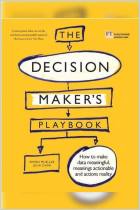
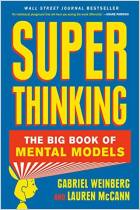
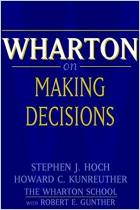
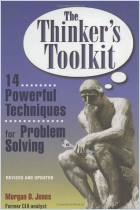

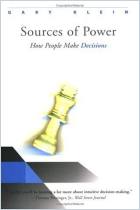







Comment on this summary